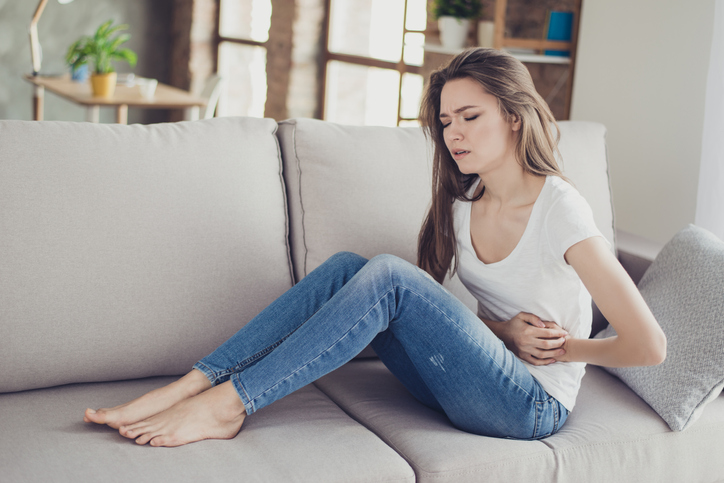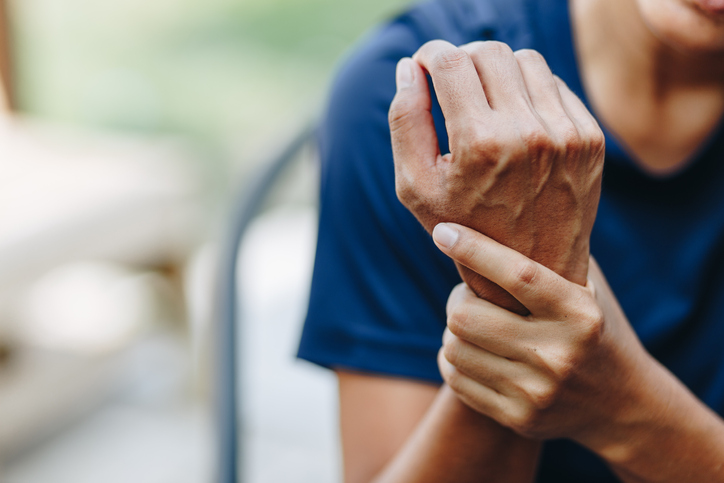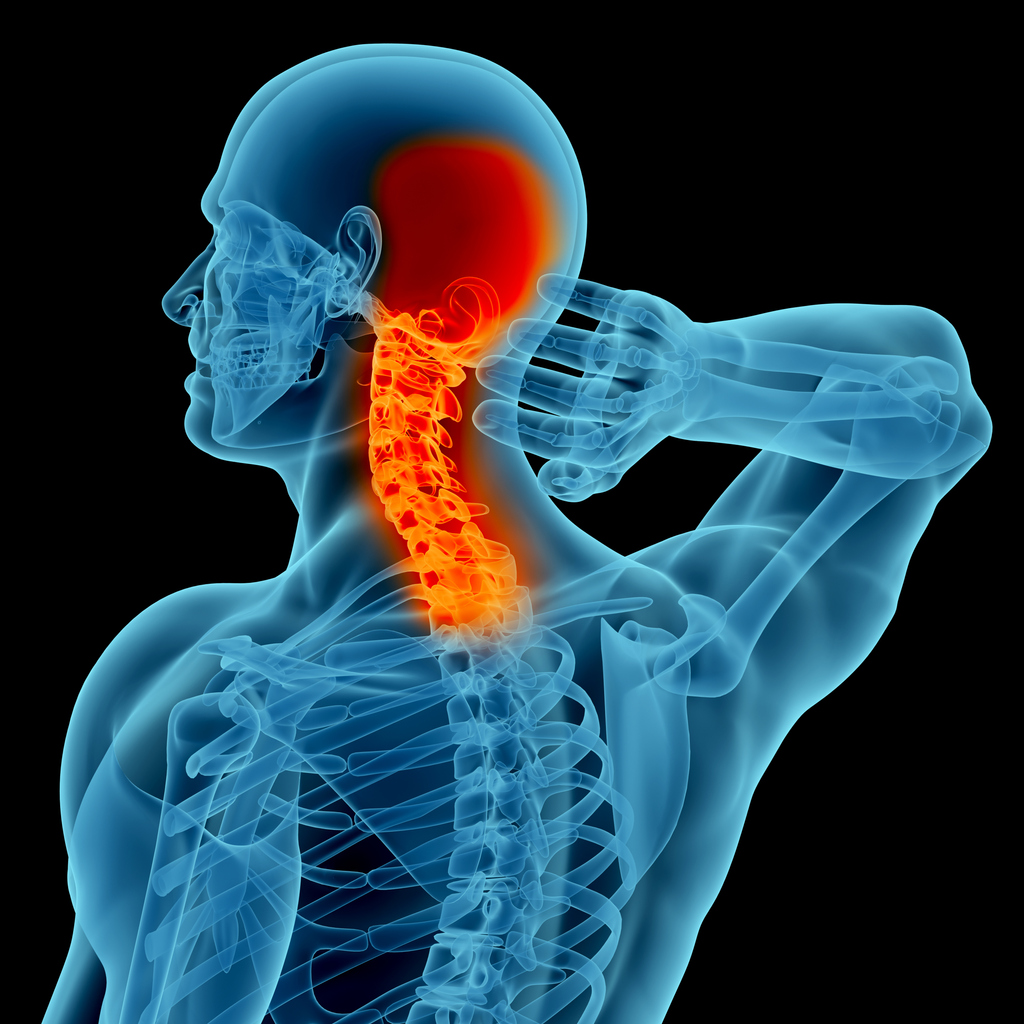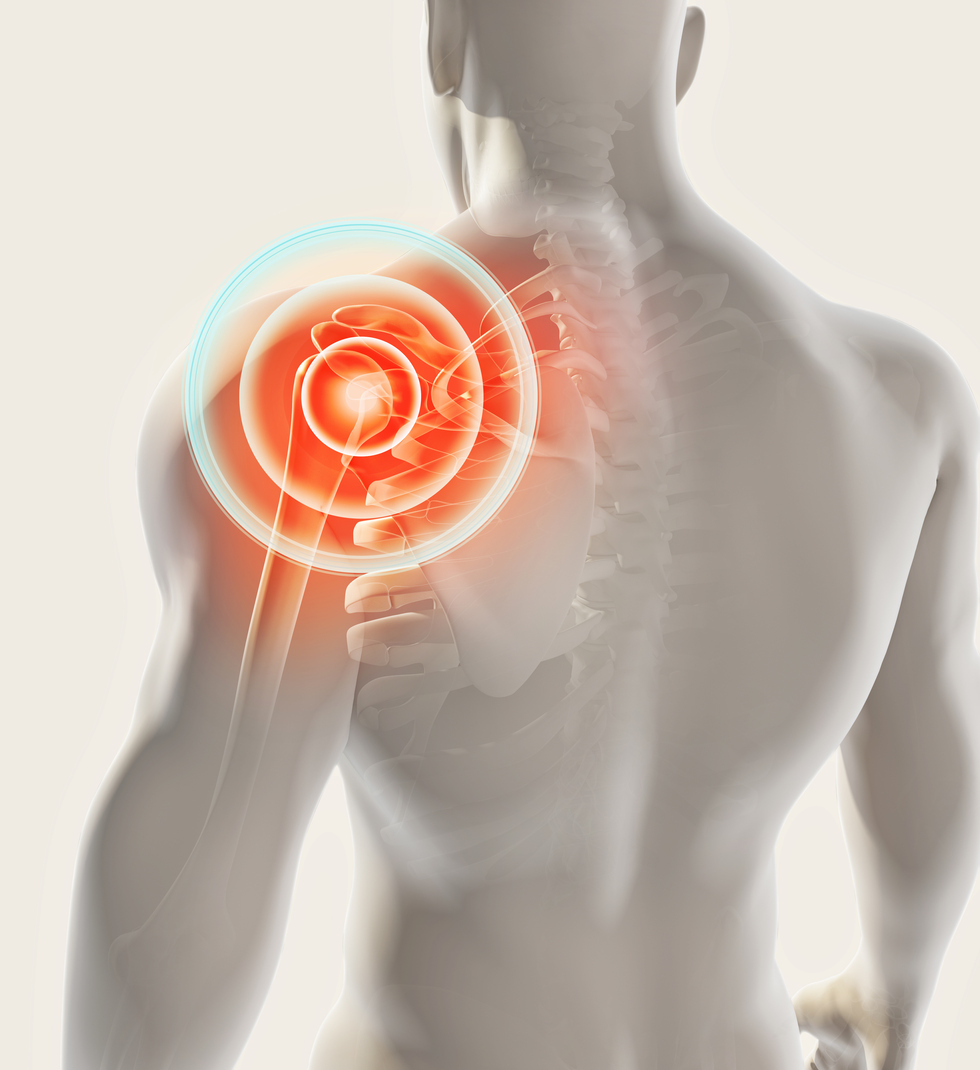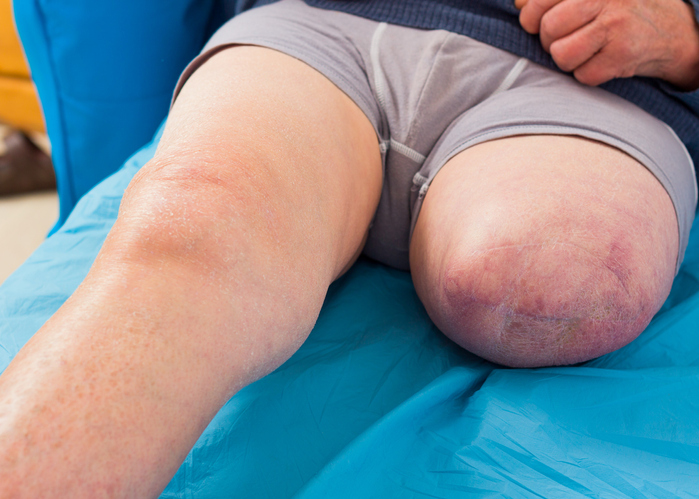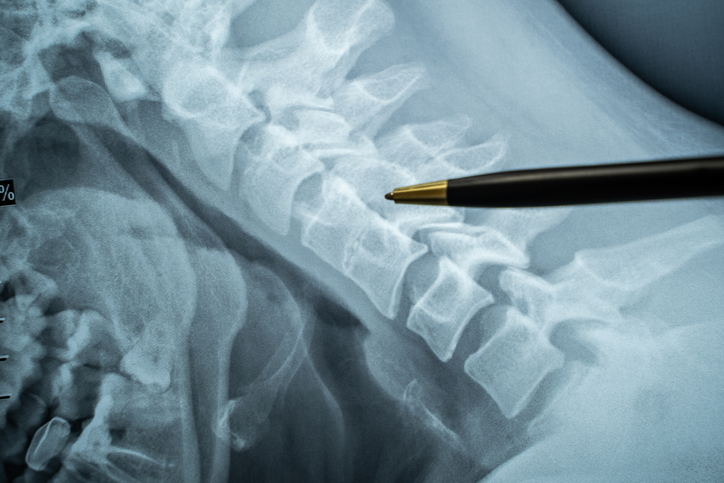Pain
Treatment Options for Opioid-Induced Constipation (OIC)
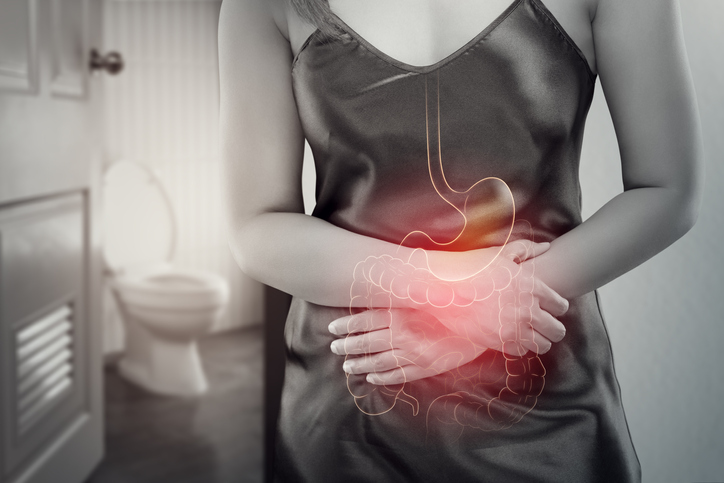
Constipation is a common side effect of opioid pain medications, such as oxycodone, hydrocodone and codeine. Constipation involves infrequent bowel movements, usually fewer than three per week.
Opioids work to block pain signals by attaching to receptors in the nervous system. Some of these receptors are found in the gastrointestinal tract. When opioids attach to these receptors, bowel function is slowed, causing constipation or worsening existing constipation.
If opioid-induced constipation is an issue, one option is to ask the prescribing physician if it’s possible to switch the constipation-inducing opioid to a different opioid medication. Some opioids, such as fentanyl or tapentadol, are less prone to cause constipation than others, such as oxycodone or morphine.
Treatments for OIC
If switching to a different pain relief medication is not an option, several treatment choices for OIC are available:
- Stool softeners, or emollient laxatives, increase the water that the stool absorbs in the gastrointestinal tract, making the stool softer and easier to pass.
- Hyperosmotic laxatives work by drawing more water into the intestines, softening the stool and aiding in movement of the stool.
- Stimulant laxatives stimulate and increase movement in the intestines to actively move stool through the bowels.
- Certain prescription medications, such as lubiprostone or naloxegol, block the effects opioids have on the gastrointestinal system.
- Rectal enemas flush out the colon; they are generally used as a last resort treatment.
Natural remedies
Various natural remedies to help relieve OIC are also an option:
- Bulk-forming laxatives, such as psyllium fiber, form a gel in the stool, which helps it hold more water and increases the bulk of the stool. This helps the stool move through the gastrointestinal system.
- Lubricant laxatives, such as mineral oil, coat the stool to prevent water loss and aid in moving the stool through the intestines.
- Saline laxatives, such as magnesium citrate, draw more water into the intestines, softening stool and stimulating movement of the intestines.
Lifestyle changes
Various lifestyle changes may also help with OIC:
- Engaging in physical activity stimulates contractions in the intestinal tract and promotes bowel activity.
- Drinking more water helps prevent dehydration, which increases the risk of constipation.
- Increasing fiber intake naturally normalizes bowel activity.
- Using temperature therapy, such as applying heat or cold to the abdomen, can help relieve the discomfort caused by constipation.
Not all laxatives are appropriate for long-term use when treating opioid-induced constipation. It is important to talk with a health care provider about how to treat long-term OIC.








